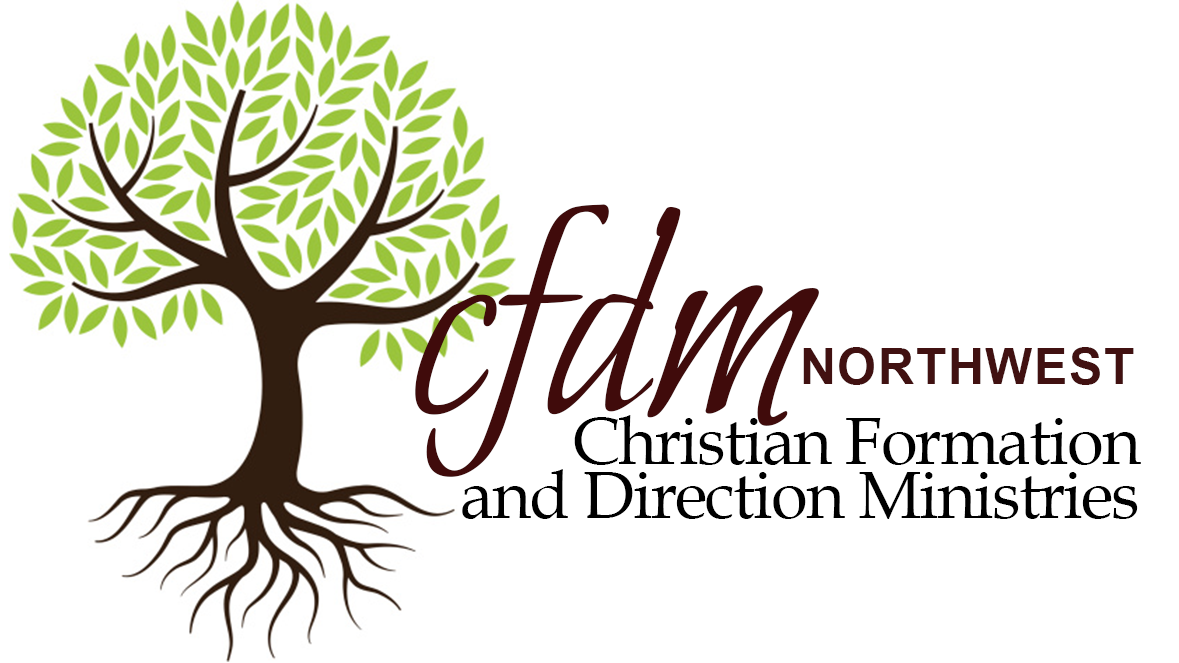Being the Beloved:
stories of ongoing transformation in daily life
By Tamarah Lee, Spiritual Director
On Sunday mornings I get to tell the children’s story. I grew up in the church and know so many of these stories forwards and backwards; but now I get to revisit them with grace and wonder. I am invited to translate my dawning awareness into language that invites the children to wonder; invites them to learn about a God who welcomes them, who welcomes us, right where we are at.
One week the sermon centered Rizpah (2 Samuel 21). It is not a story I learned in Sunday School. It's not exactly kid fare, but I wondered what it might be like to tell a story and model how to use big feelings instead of suppressing them. What might shift in a child’s heart, in my heart, if big feelings were personified as characters? What might open up if feelings were held as sacred messengers?
This month we are veering from our regular blog format, and I will share with you Rizpah’s story as I shared it with the children.
Once upon a time, in a land far, far away there lived a woman. When she was born, her mother named her Rizaph, saying, “May you always carry a flame, daughter.” For Rizaph means hot stone, like a coal or an ember you’d cook food over. Rizpah grew up and raised two sons, with big, long names, and she lived just outside the palace walls for many, many years.
One day friends came to Rizpah, whose name meant ember, with very bad news. Raiders from the north had killed her two sons.
Rizpah’s heart used to whisper a happy “Thump-thump, the world is full.” But now her heart was quiet with sadness. Taking her sadness with her, she found her sons and wept.
When her anger caught up with her, she realized that her small ember had grown. In its place was a great big feeling, burning not like a small stone, but like a giant flame. This flame made the tears hot on her cheeks and the heat made her angry at the wrongs done. She called out, “Who will bury my sons?”
But no one answered. They were all afraid.
Perhaps Rizpah felt like Max in Where the Wild Things are. She had Great Big Feelings and needed to let them howl at the moon and cry with the stars.
With her sadness she covered her face and with her anger she called out again, “Who will bury my sons?”
This time someone heard. The sun beat down, burning in anger and cried with her, “Who will bury my sons?”
Then the rain poured down, mixing its sadness with Rizpah’s sadness, and cried with her, “Who will bury my sons?”
The burning sun and pouring rain were with Rizpah. They were God’s voice saying, “Rizpah, I hear you. I cry with you, ‘Who will bury my sons?’”
The King of the land, who was not perfect, but loved God, finally heard about the woman whose tiny ember was now burning strong, causing her to cry out, “Who will bury my sons?”
The king knew that God often uses Great Big Feelings to point to something that needs to be changed. He listened to Rizpah’s Great Big Feelings and knew he must bury her sons, because he was the king. He was called to take care of the people and the land, and to listen to God’s heart.
He put on mourning clothes and went to Rizpah and together they wept. He wiped Rizpah’s tears and said, “You were right to ask for this to be made right. I will bury your sons.”
Rizpah felt a familiar “thu-thump” in her chest, that piece of her heart was whispering again. She knew that sadness and anger had done important work to heal her. She knew that the burning sun and the pouring rains had done important work to heal the land. She knew that God had used her Great Big Feelings to inspire the king do the right thing.
Slowly, her giant flame became a small, glowing ember again. And Rizpah went back to her house outside the castle walls, knowing she would always carry this small flame, ever ready to right wrongs in the land.
I long to remember Rizpah and her embers when I feel God’s Spirit stirring my heart toward restoration and repair—my own or others. May we all let the sun and the rain cry with us until shalom is restored.
Bio: Tamarah Lee is a teacher of US History and Literature in the secular homeschooling world. She tells children’s stories on Sunday mornings and offers spiritual direction in her home and online, making space for those feelings that so often point to God’s heart. You can find her at tamarahlee.com.
What books, media, activities are nurturing your heart, soul, mind, strength in this season as we are loving God and our neighbor as ourselves? Post in the comments below or hop on over to our Facebook page and share with one another.


